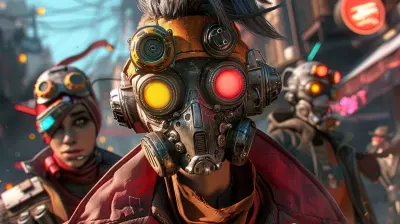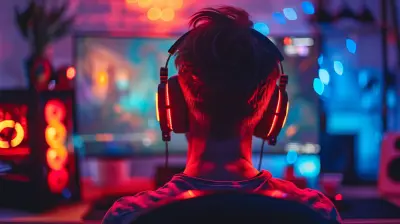Games That Make You Question Reality: The Allure of Psychological Horror
1 September 2025
Let’s be real for a moment. Horror games aren’t just about creepy monsters or dimly-lit halls anymore—they’ve evolved into something that’s way more mentally jarring. Welcome to the mind-bending world of psychological horror. These are the games that don’t just give you jump scares—they mess with your head, blur the lines between what's real and what's not, and make you question everything… even yourself.
If you’ve ever finished a game and sat there staring at the screen, wondering what the heck just happened, congratulations—you’ve probably played a psychological horror game. These games are masters at deception, feeding you just enough truth to keep you hooked, while playing a twisted game of mental chess in the background.
In this article, we’re diving deep into why psychological horror is so uniquely addictive, how it taps into our deepest fears, and which games pull it off so well they’ll have you second-guessing reality itself.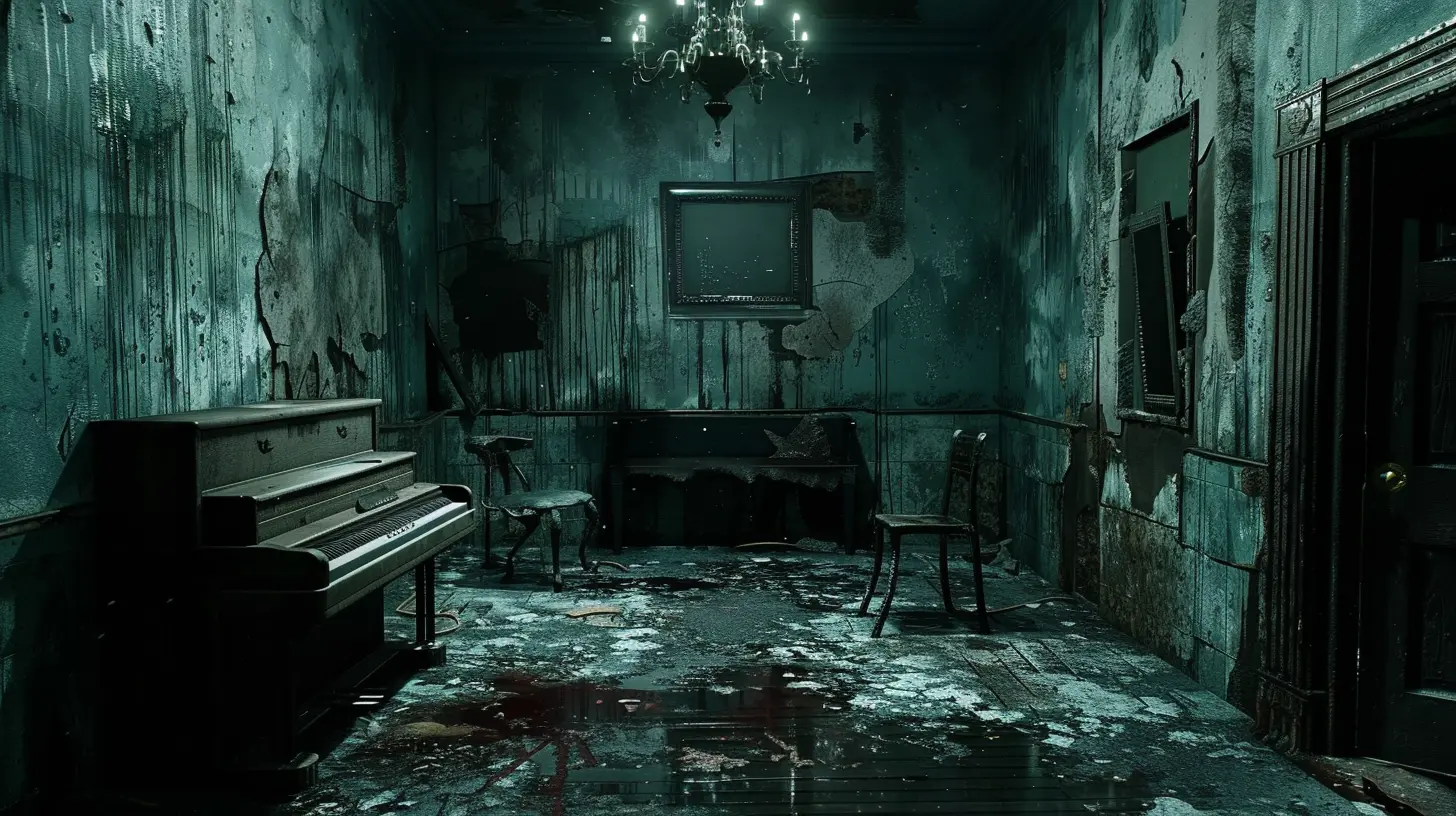
What Exactly Is Psychological Horror?
Okay, before we go on a thriller-fueled rampage, let’s clear one thing up: psychological horror isn’t just regular horror with a fancy name.Instead of relying solely on monsters, gore, and loud noises to freak you out, psychological horror plays with your mind. It preys on emotion, perception, and the fragility of the human psyche.
Think of it like this—regular horror is a haunted house that jumps out at you. Psychological horror is that voice inside your head that whispers, “Did those eyes just move?” and then lets silence do all the work.
Where most horror games say “Boo!” and wait for your scream, psychological horror asks, “What if the real monster isn’t out there, but in here?” taps forehead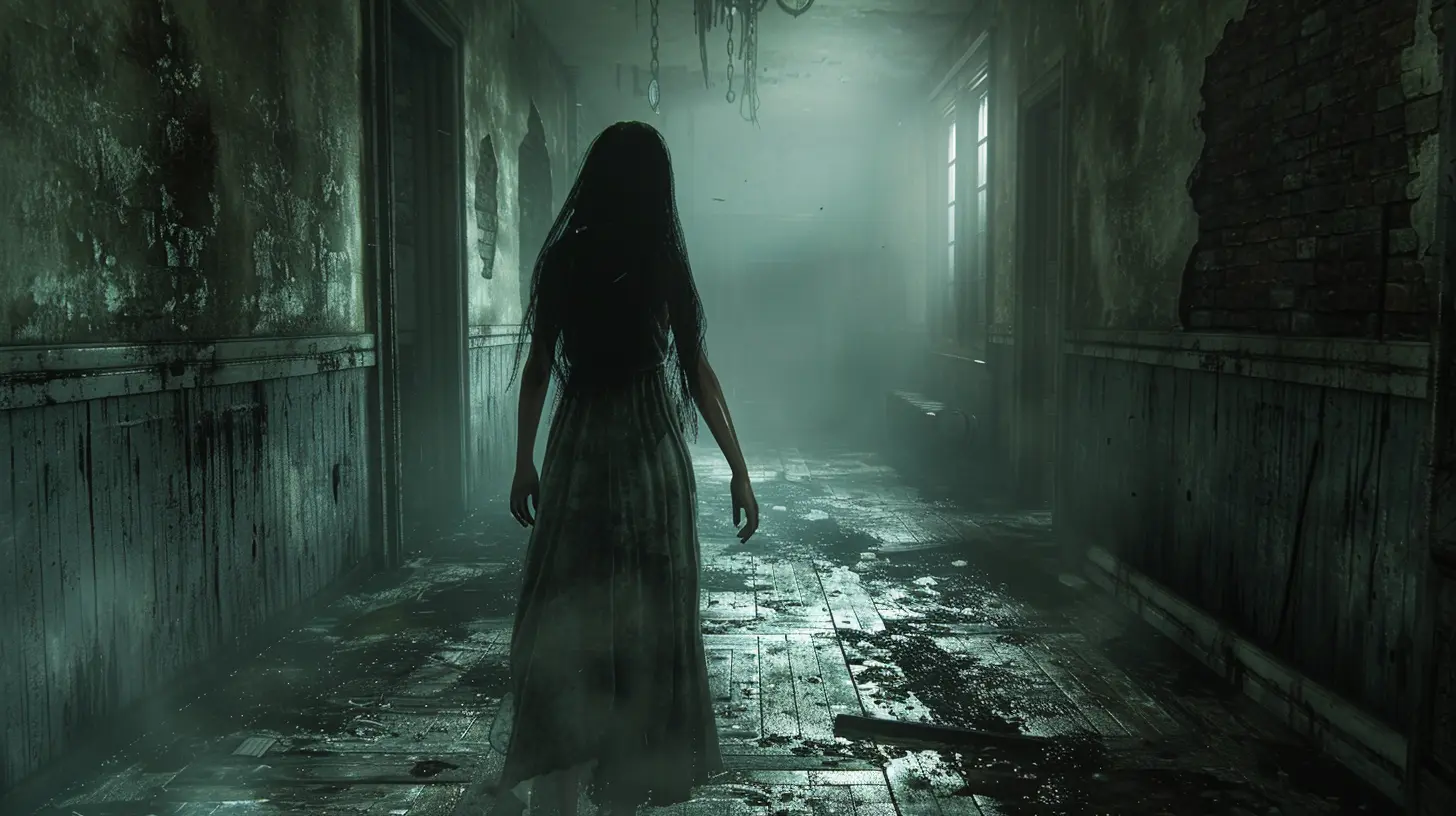
The Power of Unreliable Narratives
You know those moments in a game where you can’t trust what’s happening? That’s not a glitch—it’s part of the plan.One of the hallmark features of psychological horror is the unreliable narrator. The character you’re playing—or following—might be hallucinating, mentally unstable, or even intentionally lying. And you? You’re along for the ride with no idea what’s real and what’s fantasy.
Take Silent Hill 2, for example. It’s a masterclass in unreliable storytelling. You think you’re on a simple mission to find your dead wife (yikes already), but as the game unravels, so does your sense of reality. By the end, it’s not the monsters that scare you—it’s the truth about your own actions.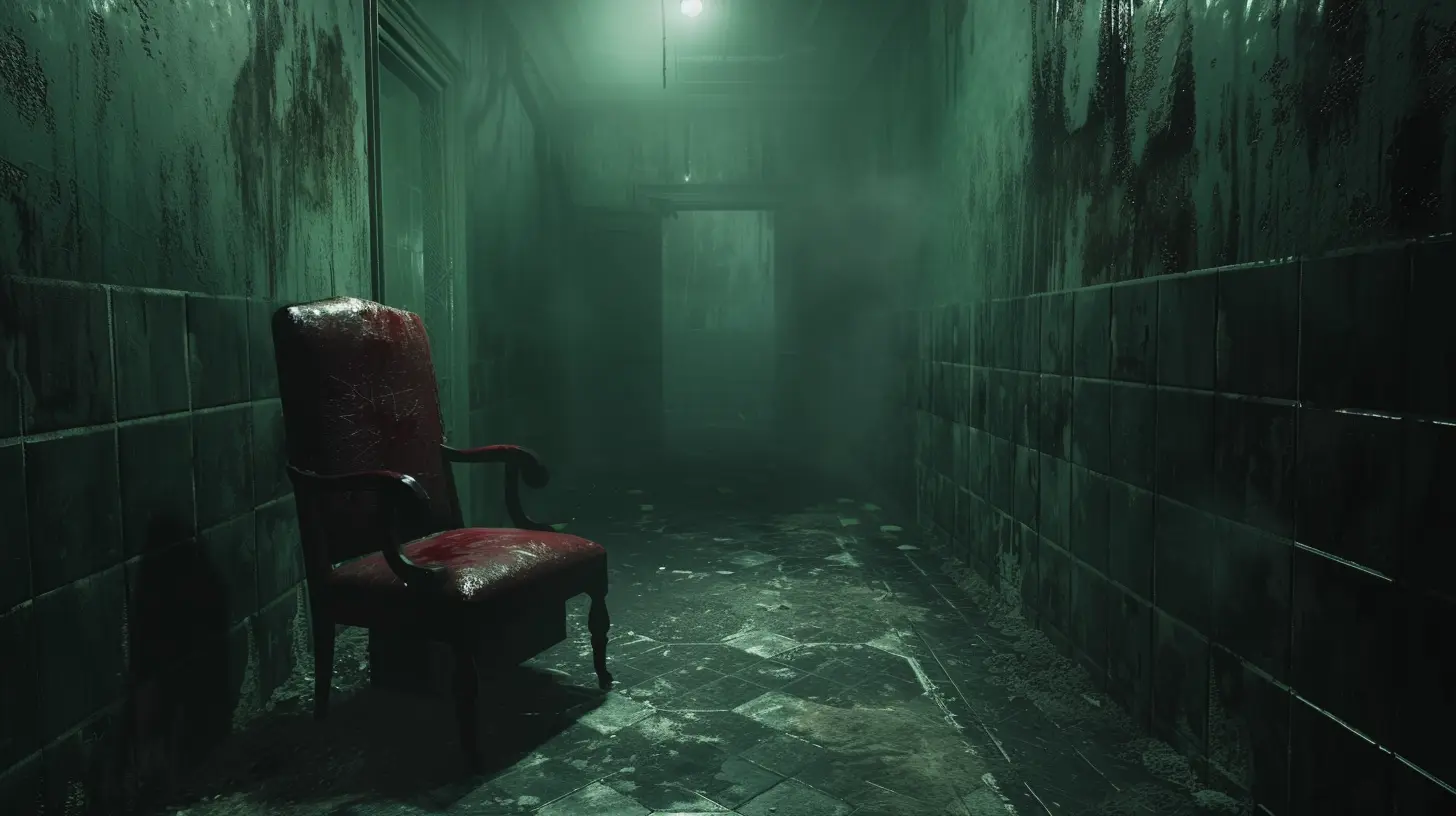
Messing With Your Mind: The Design Tricks
Game designers behind psychological horror titles are like mental illusionists. They know exactly how to make you feel uncomfortable—and not just from a spooky ambiance.They mess with physics, distort visuals, flip directions, and even pretend to mess with your console. Remember Eternal Darkness: Sanity’s Requiem? That game straight-up faked deleting your save file just to watch you panic. That’s not just evil—that’s genius.
Sometimes they’ll break the fourth wall, like in Doki Doki Literature Club, where the game knows you’re playing it and starts addressing you by name. Other times, like in Layers of Fear, they’ll create environments that twist and reshape as you turn around, making you question your memory and sanity.
These aren’t just tricks—they’re experiences designed to keep you off balance and totally immersed.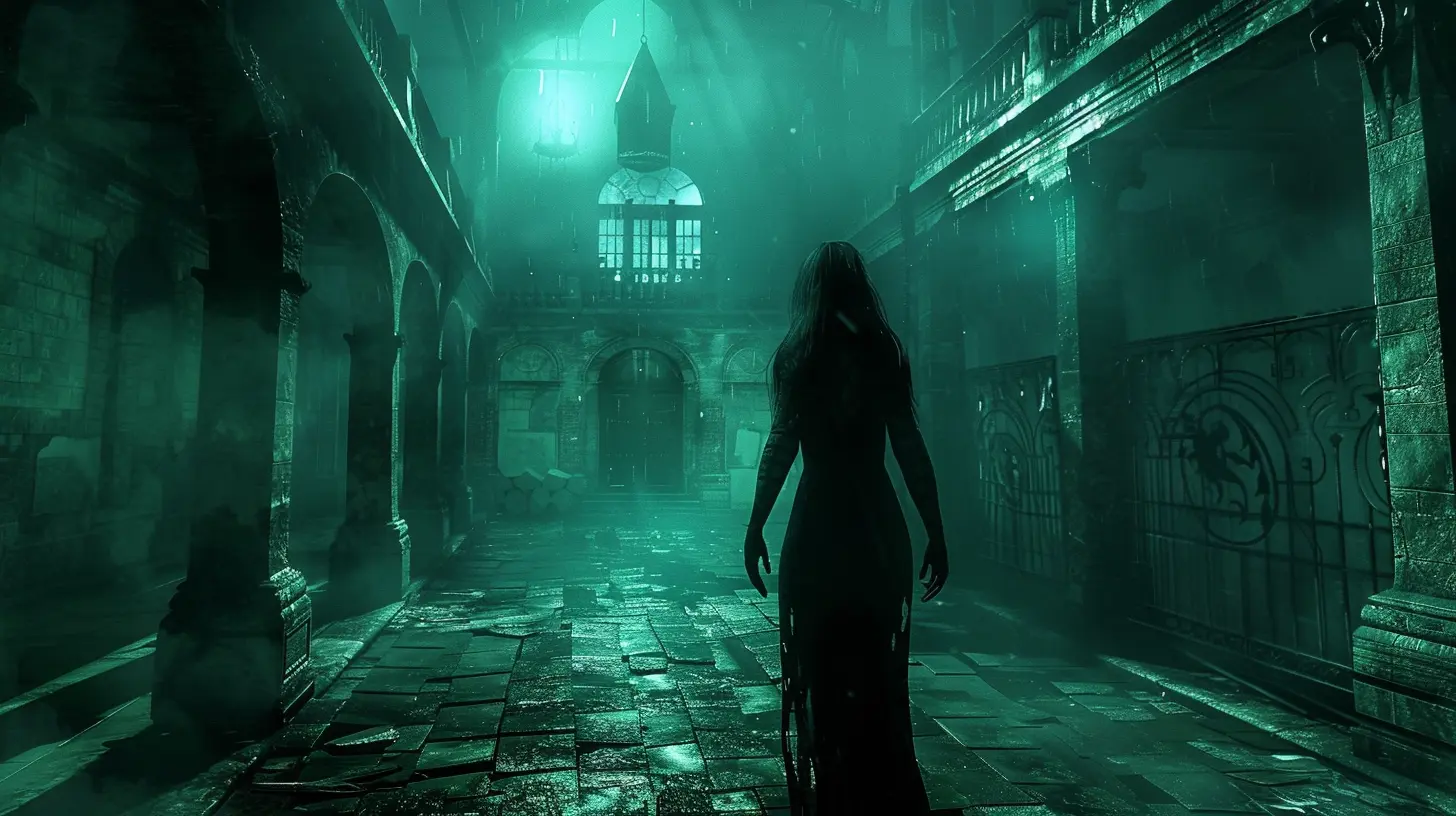
Why Are We So Drawn To This Stuff?
Alright, so let’s ask the obvious: why would anyone willingly sign up to be emotionally and mentally dismantled by a video game?Because it’s fascinating.
Psychological horror taps into deep, primal anxieties—like guilt, loss, paranoia, and the fear of going insane. These are real human experiences, and when a game mirrors them back at you, it hits different. It’s not about being scared anymore—it’s about being psychologically unsettled.
And let’s be honest—there’s a certain rush in being messed with, especially when you know it’s part of the story. Like a rollercoaster for your brain, you’re safe... but it doesn’t always feel that way.
The Best Psychological Horror Games That Question Reality
Now that we’ve warmed you up, let’s look at the MVPs of the genre. These are the games that truly make you double-check if your lights are on and maybe—just maybe—ponder your own sanity.1. Silent Hill 2
Let’s start with the king. Silent Hill 2 is psychological horror royalty. It blends terrifying monsters with an emotionally crushing story. The town of Silent Hill reflects your guilt, fears, and memories, meaning everything you see is personal. It’s not just scary—it’s hauntingly introspective.2. Amnesia: The Dark Descent
Forget everything you know. Literally. In this game, your character wakes up with no memory, and all you’ve got is a diary to piece together your past. Sanity mechanics make everything worse—stay in darkness too long, and you’ll start seeing things that aren’t there… or are they?3. Layers of Fear
This one’s for the art lovers—if your idea of art includes melting paintings and whispered secrets from the walls. You play as an obsessive painter trying to complete his masterpiece while losing his mind. The game constantly shifts the environment around you, and it never lets you feel safe.4. Observer
Cyberpunk meets psychological horror in this underrated gem. You’re a detective accessing people’s memories and unraveling their fears. The result? A digital acid trip that leaves you mentally scrambled in the best way.5. Doki Doki Literature Club
It looks like a cutesy anime dating sim… until the mask comes off. Without spoiling too much, this game plays with your expectations and then completely tears them apart. It literally breaks the fourth wall and gets into your game files. No joke.6. Hellblade: Senua’s Sacrifice
This one deserves serious praise. It’s a brutal journey through the mind of a warrior dealing with psychosis, guided by the voices in her head. The game was made with input from mental health professionals, and it doesn’t hold back. It’s intense, emotional, and visually stunning.Blurred Lines: When Games Feel Too Real
Here’s where things get kind of meta. Some psychological horror games don’t just question reality inside the game—they make you question your reality outside the game.After playing something like The Medium or Soma, you might start seeing everyday things differently. The way shadows fall, the feeling of being watched, the sound of silence—it all becomes a little… off.
And that’s the point. These games don’t just live on your screen—they crawl into your brain and set up camp.
The Role of Audio in Psychological Horror
Let’s not forget one major player in all this—you guessed it—sound.Atmospheric sound design is half the battle in psychological horror. You could be staring at a blank wall, but if you hear a distant whisper, a slow creak, or a wet squelch, suddenly your skin crawls.
Games like PT (rest in peace) used audio to an insane degree. With a single looping hallway and impeccable sound work, the game achieved more terror than some full-length titles. Sound sets the mood, misleads you, and sometimes straight-up lies to you.
Wear headphones. Trust me.
How Psychological Horror Is Evolving
What’s cool is how the genre keeps growing and reinventing itself. We're seeing more indie developers jump in, and they’re not afraid to push boundaries.Games like Visage, MADiSON, and In Sound Mind continue the legacy, blending personal trauma, clever mechanics, and stunning visuals to keep players teetering on the edge.
Even AAA titles like Resident Evil Village have started mixing psychological horror elements into their more traditional horror gameplay—because that unnerving, reality-bending vibe just hits harder.
And with VR becoming more mainstream, the future of psychological horror? It's looking terrifyingly immersive. Imagine not being able to just put the controller down and walk away. Yikes.
Final Thoughts: Are You Ready to Break Your Brain?
Psychological horror isn’t everyone’s jam—and that’s okay. But if you’re into stories that twist your mind, games that get under your skin, and experiences that stay with you long after that final cutscene… then you’re in the right genre.These games don’t just want to scare you—they want to challenge your perception, make you reflect on your own psyche, and leave you questioning what’s real.
So if you’re brave enough to step into a world where nothing is certain, and everything is suspect, then fire up one of these titles and get ready. Just… maybe leave a light on.
Because in psychological horror, the scariest thing might just be you.
all images in this post were generated using AI tools
Category:
Horror GamesAuthor:

Aurora Sharpe
Discussion
rate this article
1 comments
Uriel Lane
Psychological horror games: because who needs reality when you can have existential dread and jump scares? Perfect for procrastinating on that 'adulting' thing!
September 23, 2025 at 3:44 PM

Aurora Sharpe
Absolutely! Psychological horror games offer a thrilling escape from reality, blending existential dread with immersive experiences that make adulting feel far away. Perfect for a little procrastination!

